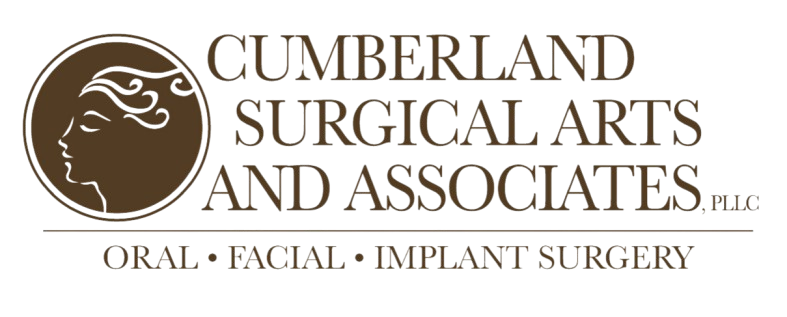There are certain things you can do to bring a level of comfort to a nerve-inducing situation. When riding in a car with someone that you know has been in more than a few fender benders, you stay more awake and alert them of upcoming traffic signs and signals. Or, if you are going on an expert ski trail, you might check the weather religiously, rent special avalanche equipment, and bring a trained guide with you.
Dental surgery is no different. There are things you can do prior to the procedure to make sure that you are in a safe environment with a capable provider.
While there are inherent risks associated with any surgical procedure, minimize them early on by using this list:
- CDC Compliance
The Center for Disease Control (CDC) has a specific Division of Oral Health (DOH) dedicated to helping providers understand what’s most important for infection control and safe practices. The CDC’s mission is to improve the oral health of patients by making sure providers understand how to do just that. At Cumberland Surgical Arts, we follow the Center of Disease Control’s standards for infection control prevention in the dental office. From hand hygiene, use of personal protective equipment (gloves, masks), to regular monitoring of water supply and treating the water line systems that are used for irrigation, and cleaning of patient care areas, we follow the most stringent rules and implement CDC best practices. - Needle Care and Safety
In addition to the Division of Oral Health, the CDC guidelines under the Safe Injection Practices Coalition (SIPC) are in place to advise practices on needle care and best practices. We follow these safe injection practices as outlined by the CDC, which include guidelines for the selection of medications to keep in the office, storage, preparation, and administration of medications to patients. Unsafe injection practices can put both the patient and provider at risk for harm. We are dedicated to providing a safe surgical experience and participate in the One and Only Campaign for safe injection practices. - Anesthesia Administration
Our oral and maxillofacial surgeons are uniquely trained to deliver anesthesia in the office during your oral surgery procedure. The training completed during their residency program, where they served on an anesthesiology service, allows them to deliver general anesthesia and monitor post-anesthesia patients. As a result of their extensive training, every Oral and Maxillofacial Surgeon is prepared to appropriately administer local anesthesia, all forms of sedation, and general anesthesia. Furthermore, maxillofacial surgeons are experienced in airway management, endotracheal intubation, and in establishing and maintaining intravenous lines. Should there be any complication, the Cumberland Surgical Arts staff is trained in anesthesia assisting as well as possess BLS and ACLS certifications. - Emergency Plans and Procedures
Our doctors and staff undergo regular emergency training and attend continuing educational classes to stay on top of safety procedures and protocols. Our office is certified by the State of Tennessee as an Office Based Surgical Facility, making us the only OMS practice in TN to be certified. During your initial consultation, our doctors will determine if you are a candidate for general anesthesia in the office or if your needs dictate the surgery take place in the hospital or ambulatory surgery center. Based on your health history, we craft the safest plan. - Sterilization System
Transparency with your healthcare providers and their practices is of the utmost importance. All of our instruments are processed and sterilized per CDC guidelines, and we monitor our sterilization equipment with weekly spore testing and regular maintenance. Whether it’s your first visit at Cumberland Surgical Arts or you have been here several times, Dr. Lee and Dr. DeFelice invite you to ask any questions you have about their training, certifications, and sterilization procedures. In addition, everyone on staff is happy to walk you through the steps they take to ensure you are as safe as possible throughout your visit.
Participate in your own safety by asking questions, doing research, and addressing concerns immediately. If you go through the list above and get the answers you were hoping for, you will feel most confident that you are in good hands for your dental procedure.
Locations
2285 Rudolphtown Rd Suite 200, Clarksville, TN 37043
Phone: (931) 552-3292
Email: cumberlandsurgicalarts@gmail.com
- MON - FRI8:00 am - 4:30 pm
- SAT - SUNClosed
- MON - TUE8:00 am - 4:30 pm
- WEDClosed
- THU8:00 am - 4:30 pm
- FRI - SUNClosed
- MON - TUEClosed
- WED8:00 am - 2:00 pm
- THU - SUNClosed









